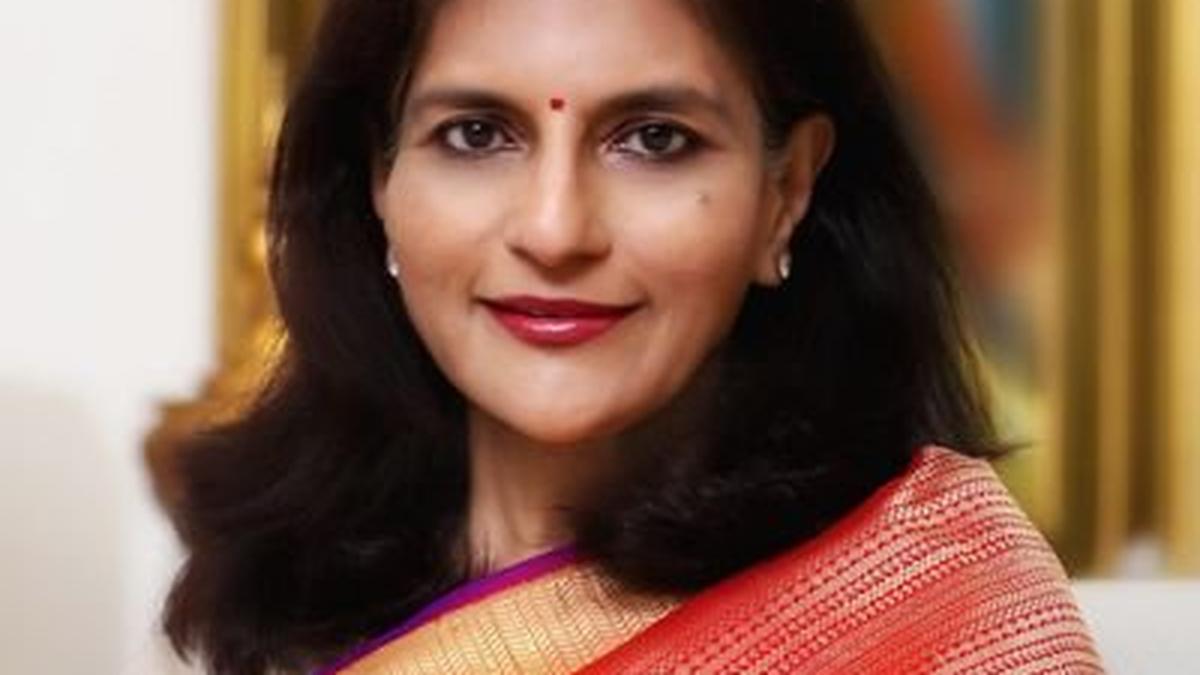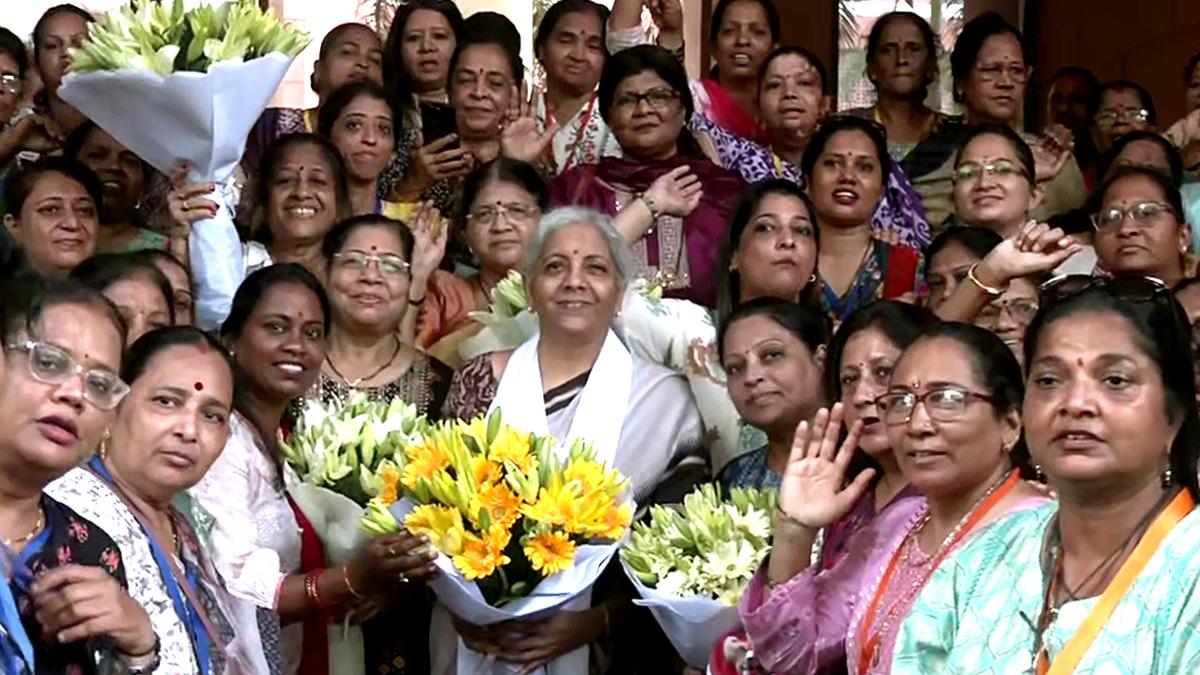Foreign Secretary David Lammy.
| Photo Credit: REUTERS
Ahead of External Affairs Minister S. Jaishankar’s visits to Laos for ASEAN meetings and Japan for the Quad Foreign Ministers’ Meeting, he will host the new U.K. Foreign Secretary, David Lammy, in Delhi on July 24 for a two-day visit, sources said.
Mr. Lammy, who is the first high-level official from the newly elected Labour government headed by Prime Minister Keir Starmer to travel to India, is expected to call on Prime Minister Narendra Modi. He will hold meetings with National Security Adviser Ajit Doval and Commerce Minister Piyush Goyal as well.
With his visit, Mr. Lammy will be fulfilling a promise, made at an Indian diaspora event shortly before the U.K. election on July 4 that he would visit India “within the month” if the Labour government was elected.
He is expected to put the revival of talks for the early conclusion of the India-U.K. Free Trade Agreement (FTA) at the top of his agenda, and will also discuss the next steps in the strategic partnership.
While most of the FTA negotiations, which began in 2022, were completed with the previous Sunak government, they were put on hold earlier this year with both countries heading to general elections. Officials said that a few issues, including the question of business mobility, tariffs and market access for certain goods still remain unresolved. In addition, Mr. Lammy is expected to discuss further high-level bilateral visits by Mr. Modi to the U.K. and Mr. Starmer to London, which are both overdue.
Extradition cases
Apart from these bilateral issues, India is expected to discuss the pending extradition cases against businessmen Vijay Mallya and Lalit Modi who are wanted in India, whereas Mr. Lammy is expected to raise the continued imprisonment of two British nationals in high-profile and controversial cases: Jagtar Singh Johal, arrested in 2017 for his alleged role in targeted killings by pro-Khalistan groups in Punjab, and Christian Michel, who was extradited to India from the UAE in 2017, wanted in India as the alleged middleman in the AgustaWestland corruption case. In both cases, the U.K. government, the UN and U.S.-based human rights agencies have questioned their continued imprisonment without a trial, as well as allegations of torture and arbitrary detention in India. Former PM Sunak had raised the Michel case with Mr. Modi on the sidelines of the G-20 last year, while in the case of Mr. Johal, Mr. Starmer, then in Opposition, had himself written to the U.K. government along with several other Members of Parliament demanding that the U.K. push for his release.
After the meetings on Thursday, Mr. Jaishankar will fly to Lao PDR (July 25-27) to attend meetings of the 10-nation Association of Southeast Asian Nations (ASEAN) grouping, including ASEAN-India meet, East Asia Summit (EAS) and ASEAN Regional Forum (ARF), and reaffirm India’s “Act East Policy” announced a decade ago, the MEA said.
He will then pay an official visit to Tokyo for the Quad Foreign Ministers’ Meeting (July 28-30) along with the Foreign Ministers of Australia, and the United States.
“The [Quad] Ministers would discuss regional and international issues, and guide future collaboration to achieve the shared vision of a free and open Indo-Pacific region by addressing contemporary priorities of the region through delivery of public goods,” the MEA added in a separate statement about the Japan visit. In Tokyo, Mr. Jaishankar will have the chance to meet U..S Secretary of State Antony Blinken, for the first time since tensions rose between India and the U.S. over Mr. Modi’s visit to Russia earlier this month.
The Quad Foreign Ministers will also work on possible schedules for a Quad Summit of all leaders, which has been derailed by the upcoming U.S. elections in November. While many still expect the summit won’t be held until a new U.S. President is in place in January, NSAs Doval and Jake Sullivan held a call in July, where their readout said the summit would take place “later this year”.
In an announcement in Tokyo, Japanese Foreign Minister Yoko Kamikawa said the Quad Foreign Ministers’ meet would focus on enhancing cooperation in a number of areas “including maritime affairs, women, peace, and security, critical and emerging technologies, cyber, humanitarian assistance and disaster relief, and disinformation, toward the realisation of a free and open Indo-Pacific”.




